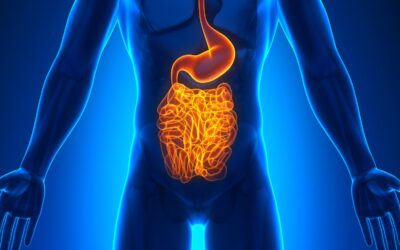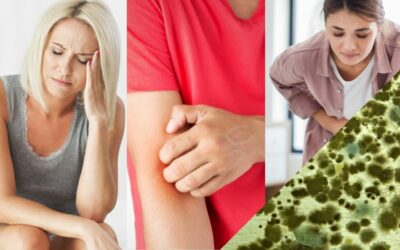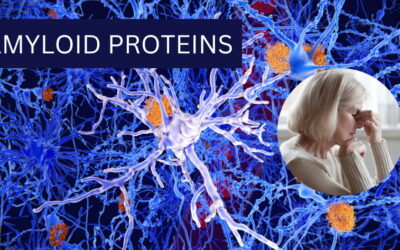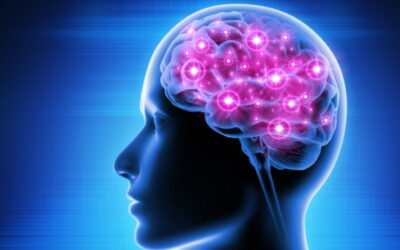Men are simple — they just need the basics and they are good to go! Yet Most Men Are NOT Happy With Where Things are Headed. Men are supposed to have high levels of Testosterone, lower levels of Estrogen. Yet, in today’s world, many factors reduce Testosterone in men, especially with age.
- How is your LIBIDO?
- Your MUSCLE definition?
- Your ENERGY?
- BACK PAIN?
- KNEE PAIN?
- Are you wondering why you or the men around you have “MAN BOOBS?”
Unfortunately, these things are all becoming common issues among aging men.
The following cause Human Growth Hormone (HGH), and Testosterone to decline:
- Lack of Consistent Sleep — Most HGH production is occurring during sleep between 10:45 PM and 4:00AM. If you have an irregular sleep cycle, or go to bed at midnight, you are missing a large HGH surge.
- Stress — Stress causes your body to release Cortisol– the antithesis to HGH. This causes belly fat to accumulate and HGH and Testosterone to decline.
- Phthalates — a class of gender-bending chemicals that can “feminize” men. Other hormone disrupters are BPA’s, PFOA’s, Insecticides, Growth Hormones in Dairy and Beef, Unfermented Soy, MSG, and Fluoride.
- Insulin Resistance and Sugar in the diet — This shuts off HGH production and lowers Testosterone in men.
Signs of Testosterone and HGH Decline
- Decreased Sex Drive
- Erectile Dysfunction
- Depressed Mood
- Memory Problems
- Impaired Concentration
- Weight Gain
- Breast Enlargement
- Problems with Urinating
The Connection Between Weight and Low Testosterone Levels
Research presented at the Endocrine Society’s 2012 conference discussed the link between weight and testosterone levels. Overweight men were more prone to having Low Testosterone levels, and shedding excess pounds may alleviate this problem.
Managing your weight means you have to manage your diet. Below are some ways to jumpstart a healthy diet:
- It is ideal to keep your total fructose consumption, including fructose from fruits, below 25 grams a day. If you have a chronic condition like diabetes, high blood pressure, or high cholesterol, it is wise to keep it below 15 grams per day.
- Limit processed sugar in your diet, as excessive sugar consumption (mainly fructose) is the driving force of obesity.
- Eliminate refined carbohydrates from processed foods, like cereals and soda, because they contribute to insulin resistance.
- Consume vegetable carbohydrates and healthy fats. Your body requires the carbohydrates from fresh vegetables rather than grains and sugars. In addition to mono- or polyunsaturated fats found in avocados and raw nuts, saturated fats are also essential to building your Testosterone production. Ideal sources of healthy fat that can boost your Testosterone levels include Olive Oil, Coconut or MCT Oil, avocados and raw nuts. Utilize Accelerated Fast® to easily make the transition to a healthier, testosterone-producing diet.
Exercise as a Testosterone Booster
Strength Training and short, intense exercise are beneficial in increasing Testosterone levels, especially when the body is in a Ketogenic state. The results are enhanced with the help of Intermittent Fasting.
Intermittent fasting helps boost testosterone by improving the expression of satiety hormones, like insulin, leptin, adiponectin, glucagon-like peptide-1 (GLP-1), cholecystokinin (CCK), and melanocortins, which are linked to healthy Testosterone function, increased Libido, and the prevention of age-induced Testosterone Decline.
Addressing Hormone Problems Begins With Changing Your Lifestyle
Treating hormone problems requires a whole-body approach, one that addresses the excess stress and unhealthy lifestyle habits that created the hormonal imbalance in the first place.
So, how do you address the above stressors in today’s crazy world?
Tips for Achieving Hormonal Balance:
- Accelerated Fast®. It has shown to increase men’s testosterone and HGH Levels, while reducing estrogen and cortisol levels. Men suffer from increased levels of estrogen and decreased levels of testosterone and HGH when they become Insulin Resistant from too much sugar, alcohol, stress, and chemicals.
- Vitamin D3. Vitamin D deficiency is a growing epidemic in the US, and is profoundly affecting men’s health. The cholesterol-derived steroid hormone Vitamin D is crucial for men’s health. It plays a role in the development of the sperm cell nucleus, and helps maintain semen quality and sperm count. Vitamin D can also increase your Testosterone level, helping improve your Libido.
Sara Banta
Sara Banta is a Stanford University Graduate with a Degree in Economics and Psychology, and a certified Natural Supplement Expert & Graduate of the Institute for Integrative Nutrition. Sara is the Founder of Accelerated Health Products and host of the health & wellness podcast, Accelerated Health Radio.
- Sara Bantahttps://sarabantahealth.com/author/sarabanta/
- Sara Bantahttps://sarabantahealth.com/author/sarabanta/
- Sara Bantahttps://sarabantahealth.com/author/sarabanta/
- Sara Bantahttps://sarabantahealth.com/author/sarabanta/









